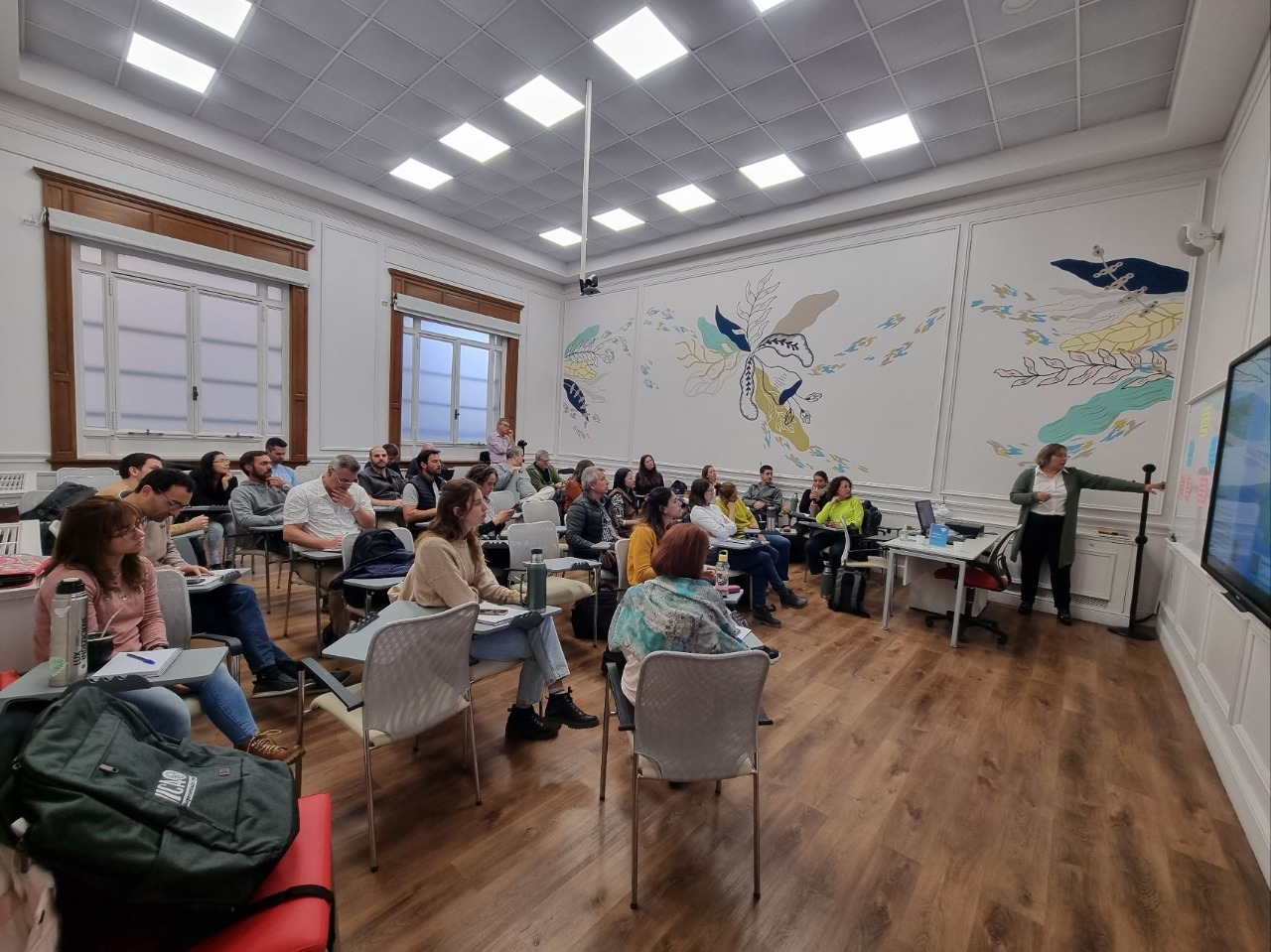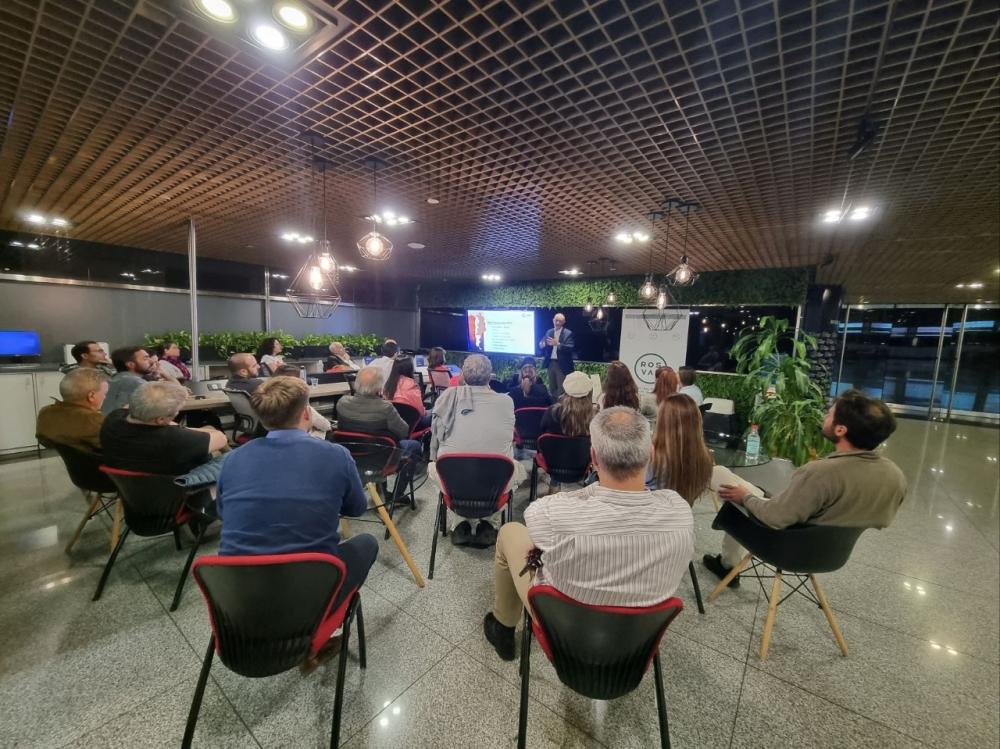The organizations spearheaded a post-graduate course on “The Bioeconomy in Agroindustry and Rural Territories: Best Practices and Lessons Learned”, enabling more than 35 participants to increase their awareness of science-based economic development opportunities, new technologies and business and financial organization.

Rosario, Argentina 2 September 2022 (IICA) – Seeking to contribute to sustainable development in Argentina and to create a balance between economic growth and environmental protection, the Ministry of Education of this South American country, in partnership with the Inter-American Institute for Cooperation on Agriculture (IICA), delivered a post-graduate course on “The Bioeconomy in Agroindustry and Rural Territories: Best Practices and Lessons Learned”.
The course, which targeted professionals with high academic qualifications and extensive experience, consists of 120 hours of online classes and one week of face-to-face learning. It began recently in Rosario, a city in the Argentinian province of Santa Fe, which is one of the main bioeconomy hubs in Latin America and the Caribbean.
More than 35 participants from various disciplines and perspectives took part in the course, which fueled the discussions and learning. The group included agricultural engineers, economists, chemists and professionals from other disciplines, working in public entities, academia, research centers and the private sector. The lecturers were specialists from within and outside of Argentina and the content was designed to inform the students about opportunities for science-based economic development, new technologies and the business and financial organization of the bioeconomy.
During the week of face-to-face training, a combination of theoretical and practical courses were offered in the mornings at the Rosario Stock Exchange, in addition to visits to bioeconomy-related businesses, companies and research centers in the region.
The site visits included excursions to the biofuel producer, Rosario Bioenergy; the research and development services company, INDEAR, which is a member of Grupo Bioceres; the startups Michroma, Nat 4 Bio and Argen Tag; and Terragene, Protergium and Boortmalt, which are industrial facilities located in the Rosario-Alvear Technology Hub.
The sessions featured lectures by leaders in agroindustry and the bioeconomy, who are committed to this approach and to sustainability.
Hugo Chavarría, Manager of IICA’s Hemispheric Program on Innovation and the Bioeconomy, served as a coordinator and lecturer for the course. He explained that, “Rosario is one of the major bioeconomy development hubs in the entire region, and thus we felt that it was extremely important to offer the face-to-face aspect of the course in this city. We have combined comprehensive theoretical and practical sessions—applying various methodologies on the formulation and implementation of bioeconomy policies, strategies and projects—with field visits that have given us a first-hand look at the iconic bioeconomy developments that are taking place locally”.
“The course in Argentina allowed us to learn out about experiences in the area of research, development and innovation, incubation mechanisms, acceleration and funding of business ventures, which proves that in this country there is strong public-private support for bioeconomy development as an engine for growth. Of course, we still have a long road ahead, but very important things are already happening”.

The bioeconomy is a model that promotes the industrialization of biological resources and fosters production diversification, cascading value addition, local employment and income generation, environmental resilience and decarbonization. It is a field in which Argentina, like other Latin American and Caribbean countries, has enormous potential, given the region’s abundance and wealth of natural resources. Indeed, there has been a sustained increase in bioeconomy projects in Argentina and the region.
Edith Obschatko, Agricultural Policy Specialist at IICA Argentina and a course instructor, confirmed that the Institute is forging alliances with local institutions, such as the Ministry of Education, the Ministry of Science, Technology and Innovation, and the Secretariat of Agriculture, Livestock and Fisheries, to bolster bioeconomy development in the country.
She stated that, “The week of face-to-face instruction in Rosario was valuable in that it provided an in-depth review of theoretical and methodological aspects. Prior to that, the students, who came from various provinces, had interacted in virtual classes. Now, they were able to meet, discuss ideas and to visit outstanding examples of development in the region, as well as startups that are banking on an acceleration of bioeconomy-related developments”.











